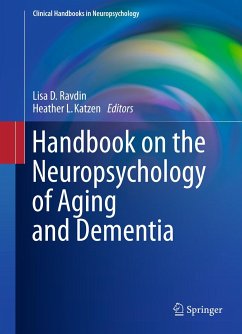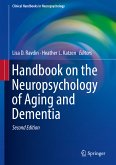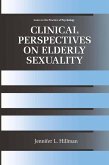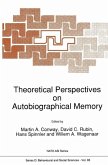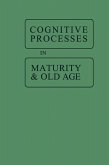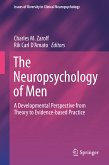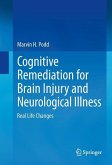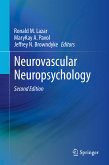· Serial assessments in dementia.
· Considerations for neuropsychological evaluations with older minority patients.
· Impact of medications on cognition.
· Assessing depression and anxiety in older adults.
· Prevention of cognitive decline.
· Plus in-depth chapters on late-life cognitive impairment resulting from Alzheimer's disease, vascular cognitive impairment, cancer, stroke, epilepsy, and a variety of other conditions.
Useful and informative well beyond its immediate specialty, the Handbook on the Neuropsychology of Aging and Dementia is a practical reference for neuropsychologists, neurologists, primary care physicians (geriatricians, internists, family doctors), health psychologists, clinical psychologists, and clinical social workers.
Dieser Download kann aus rechtlichen Gründen nur mit Rechnungsadresse in A, B, BG, CY, CZ, D, DK, EW, E, FIN, F, GR, HR, H, IRL, I, LT, L, LR, M, NL, PL, P, R, S, SLO, SK ausgeliefert werden.
"This is a practical guide to assessment, recommendations, and prevention of cognitive decline and dementia. ... The chapters are organized fairly uniformly ... . The book includes helpful tables and figures as well as some clinical case examples. ... this will be an invaluable resource, both for seasoned veterans and novice clinicians. It also will be of great assistance to neuropsychologists who are considering changing their focus to older adults." (Gary B. Kaniuk, Doody's Book Reviews, January, 2013)
"A 'must have' for the bookshelves of any neuropsychologist who sees or wants to see older adults. ... Hats off to Drs Lisa Ravdin and Heather Katzen for putting together such a useful, well written addition to the Clinical Handbook series ... . I recommend this book to anyone who is involved in or considering providing assessment to older adults. I guarantee it will provide you with new perspectives and/or issues to consider as you move forward in your clinical practice." (Laura A. Flashman, Clinical Handbooks in Neuropsychology, 2013)

